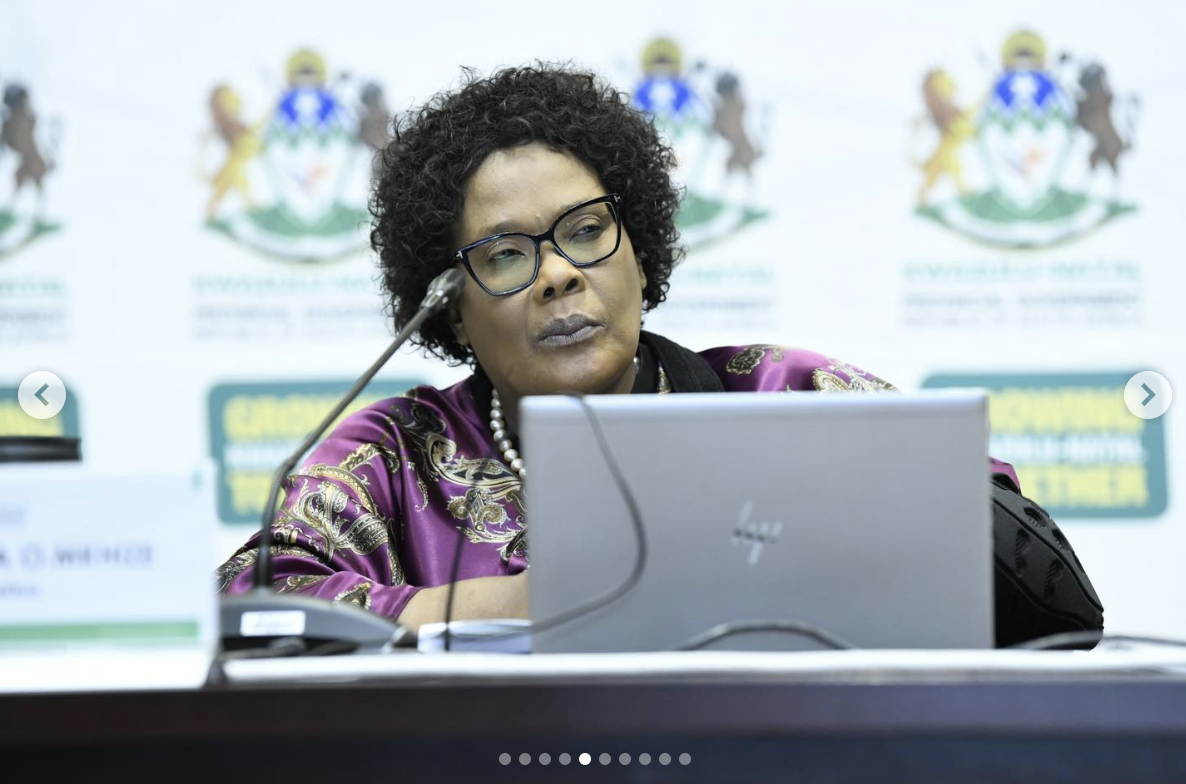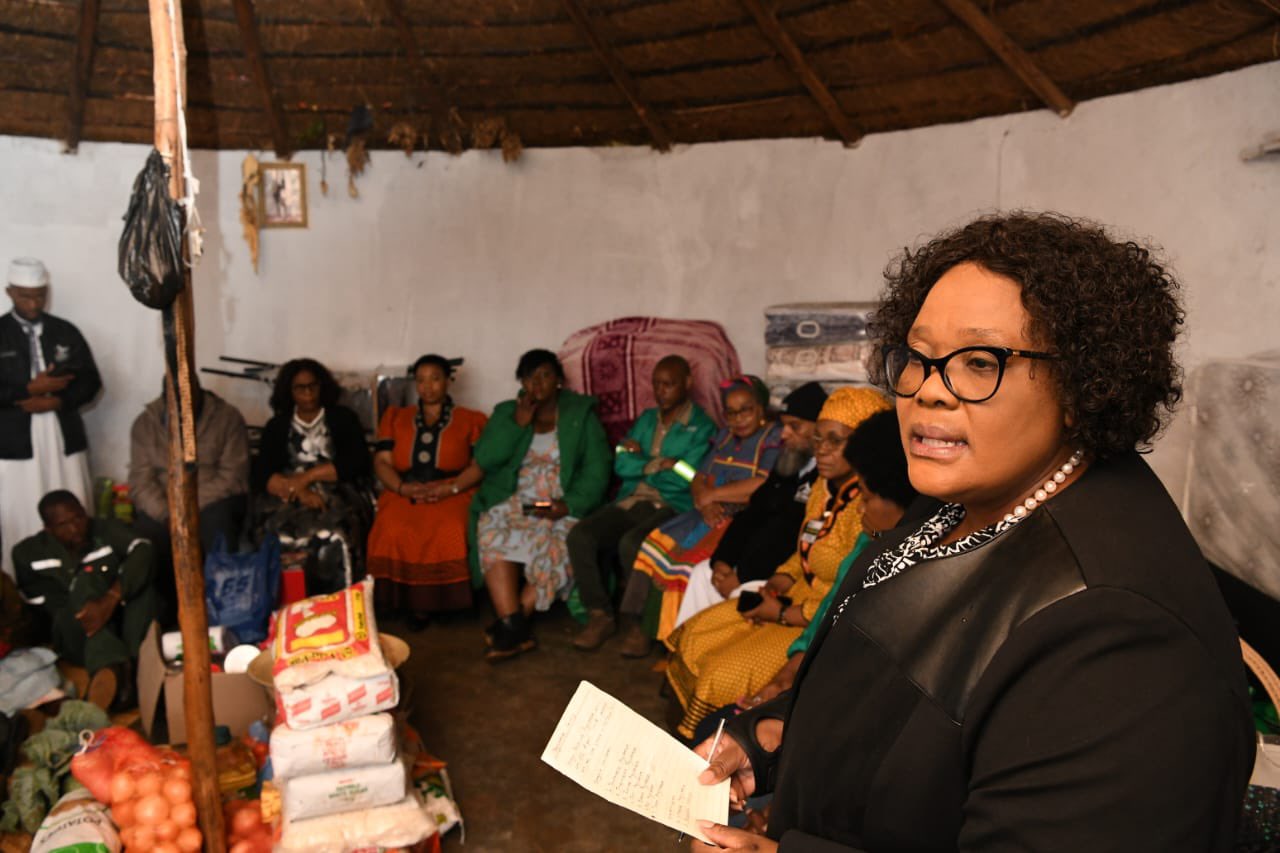.png)
Her work is inextricably linked to the systems she helped design, which are still operational in South Africa and being adapted for continental use. Dr. Mkhize's catalytic leadership transformed policy into infrastructure and vision into multi-stakeholder delivery techniques for trade, digital equity, energy, and women's empowerment.
These are active, evolving platforms that she has founded, endorsed, or stewarded into institutional tradition. Her contributions to these models continue to influence inclusive development, ethical governance, and Africa's future public sector institutions.
.png)
projects
Her work is inextricably linked to the systems she helped design, which are still operational in South Africa and being adapted for continental use. Dr. Mkhize's catalytic leadership transformed policy into infrastructure and vision into multi-stakeholder delivery techniques for trade, digital equity, energy, and women's empowerment. These are active, evolving platforms that she has founded, endorsed, or stewarded into institutional tradition. Her contributions to these models continue to influence inclusive development, ethical governance, and Africa's future public sector institutions.


.png)
.png)
.png)
.png)
.png)
.png)
.png)



